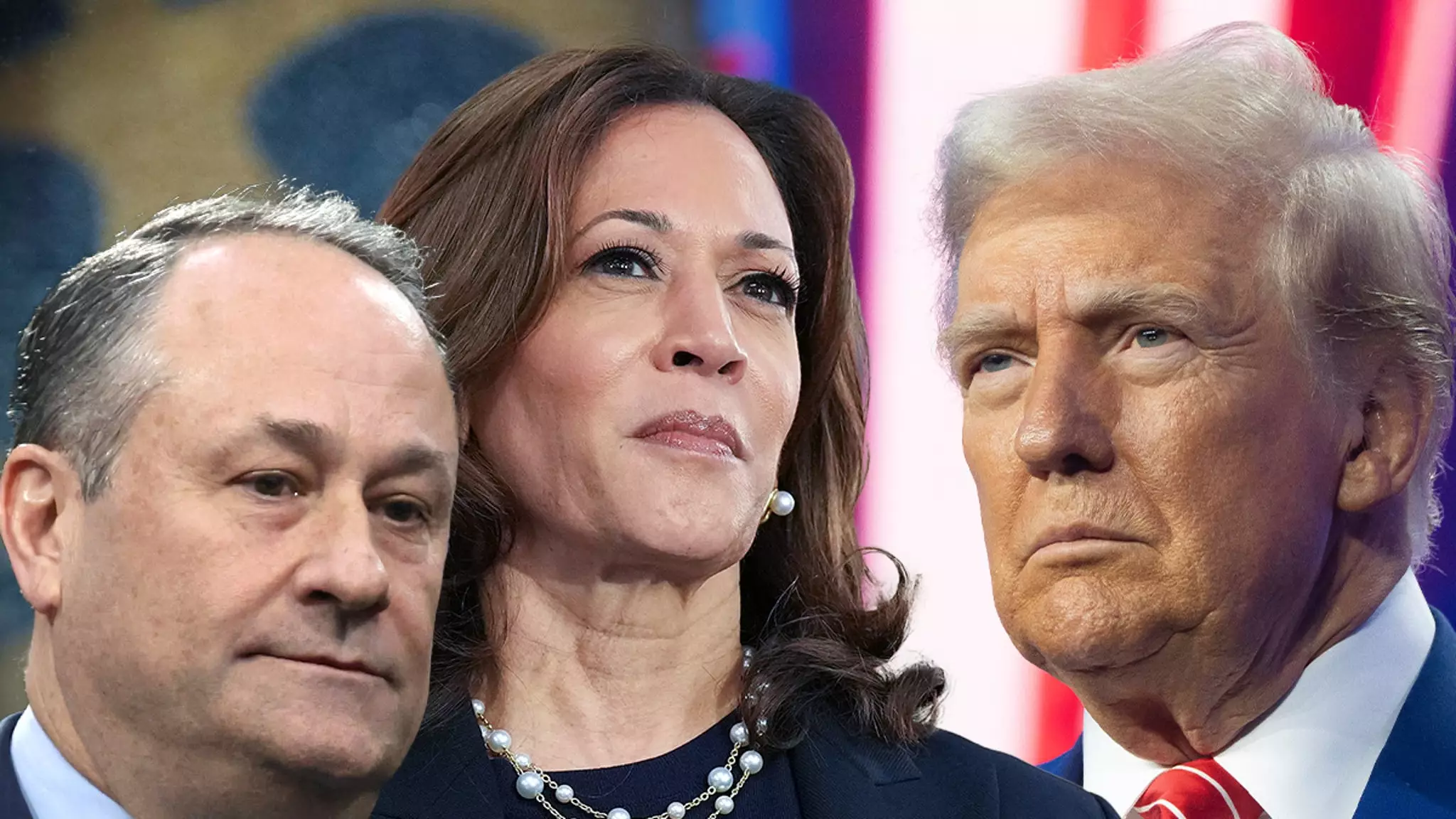In a potent display of political courage, Kamala Harris recently called out prominent law firms in Washington D.C.—including the prestigious firm employing her spouse, Doug Emhoff—for succumbing to political pressures from the Trump administration. During her address at the Leading Women Defined Summit, Harris’s remarks sparked significant discussion about the ethical responsibilities of legal professionals in a democracy. The over $100 million in pro bono legal services given to Trump’s administration by some firms has raised important questions about complicity and integrity in the legal field.
Harris’s proclamation emphasized an unsettling sense of fear that has permeated the country, urging individuals and organizations to resist the siren call of silence and compliance. Her unwavering stance sheds light on the moral dilemmas faced by those in positions of power. The question looms: are legal firms prioritizing financial stability over ethical considerations? The facts illustrate that fear of retribution and ostracism is influencing their decision-making, and Harris has brought this uncomfortable truth to the forefront.
Resistance Amidst Pressure
The significance of Harris’s message resonates deeply, especially given the context surrounding the Trump administration’s tactics. Reports suggest that Trump utilized executive orders to punish firms perceived as adversaries, which resulted in significant business ramifications. Law firms like Willkie Farr & Gallagher, which have publicly aligned themselves with the Trump administration, illustrate a broader trend where financial considerations outweigh ethical concerns. Doug Emhoff reportedly expressed his disagreement with his firm’s decision, signaling the growing divide even among those intimately tied to the powerful legal machinery.
Harris’s implication in her speech that the legal community should be principled—especially during politically fraught times—is an urgent reminder for attorneys and firms alike to reflect on their role in the fabric of democracy. Is it acceptable to trade ethical integrity for the sake of retaining business clients? Harris urges a re-evaluation of this transactional mentality, asking legal professionals to hold on to their values instead of compromising for short-term gain.
Pawns or Players? The Legal Community’s Role
In an age where power dynamics are constantly shifting, Harris’s critique is both timely and necessary. As law firms continue to navigate their operations within politically charged atmospheres, their decisions send rippling messages throughout the legal community and society at large. The nuances of representing citizens in a democracy require a steadfast commitment to justice, not a mere transactional approach founded on fear. The stakes are high, as a generation of young lawyers will be watching how their leaders respond to these ethical challenges.
The reality is uncomfortable: law firms can serve as both powerful advocates for justice and, paradoxically, instruments of oppression, depending on the choices they make. The growing trend of capitulation in the face of threats might set a dangerous precedent, fostering an environment where accountability is sidelined. Harris’s bold challenge is a clarion call for transparency and courage, urging professionals to step into their roles as guardians of the law, rather than players in a politically charged game.
Kamala Harris is challenging not just law firms like Willkie Farr & Gallagher, but the entirety of the legal profession to engage in a more rigorous debate over ethical conduct and advocacy. Her fearless speech serves as a catalyst for necessary dialogue, urging all involved to choose accountability over acquiescence.

